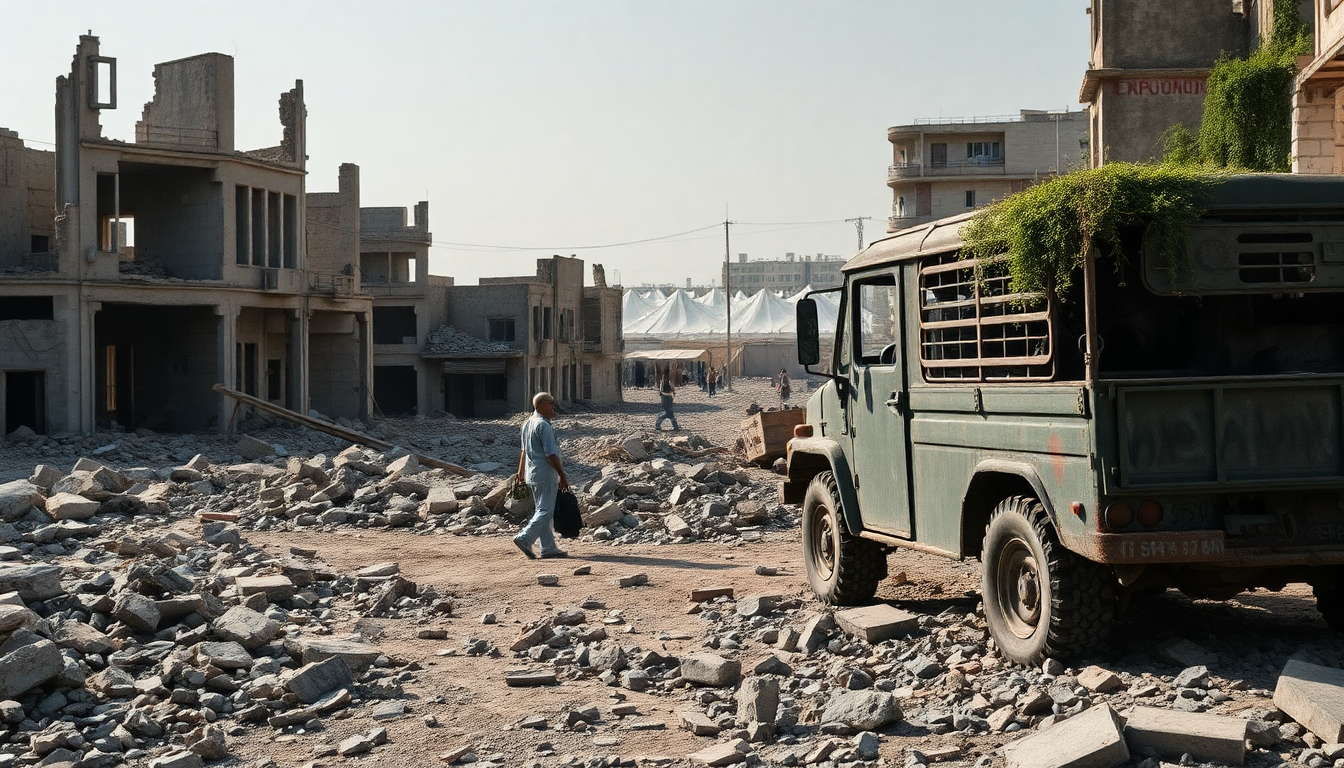Table of Contents
In today’s fast-changing world, global relations are more intricate than ever. Recent events have thrown a spotlight on the challenges countries face, from military actions to humanitarian crises. But why should we care? Because the fallout from these incidents doesn’t just stay in one place—it affects millions of lives and reshapes how nations interact. Understanding these developments is key to grasping what’s really happening on the global stage.
The Impact of Current Military Actions
Take a look at the ongoing conflict in the Middle East, for example. We’ve seen Israel ramping up its military actions, particularly with targeted strikes in southern Lebanon. These aren’t just random attacks; they involve advanced munitions, like ‘bunker buster’ bombs, aimed at neutralizing perceived threats. But what does this mean for the balance of power? As the situation unfolds, we must ponder the potential for broader conflict and its implications for international relations.
At the same time, the humanitarian crisis in Gaza is worsening. Reports of severe food shortages are heartbreaking, and the United Nations is sounding alarms about unprecedented displacement among Palestinian populations in the West Bank. Isn’t it alarming how quickly these situations can escalate? This crisis serves as a stark reminder of the human cost of conflict and highlights the urgent need for international support.
Protests and Political Unrest Around the World
But it’s not just military conflicts that are shaking things up. Political unrest is rearing its head in various countries as well. For instance, recent anti-government protests in Kenya have tragically resulted in at least 16 fatalities. Can you imagine the frustration of citizens demanding greater transparency and accountability from their leaders? Such unrest often stems from economic disparities, and it can lead to significant shifts in governance and social order, so the international community must keep a close watch on these developments.
Moreover, calls for accountability from global leaders are becoming louder. Just look at the recent comments from the US Secretary of Defense regarding media coverage of strikes in Iran. This reflects a growing scrutiny of governmental actions and their narratives. It begs the question: how does the intersection of media, politics, and military strategy shape public perception and policy decisions?
Humanitarian Crises and Global Responses
The humanitarian crises unfolding in conflict-affected regions are calling for urgent global action. Families in Pakistan are struggling with the aftermath of devastating flash floods, while Gaza continues to suffer from ongoing conflict. Isn’t it our responsibility as global citizens to advocate for those in need? We must mobilize resources to alleviate suffering and provide robust humanitarian aid.
As nations navigate these complex crises, collaboration and dialogue are more crucial than ever. International organizations, governments, and NGOs need to join forces to address immediate needs while also laying the groundwork for long-term stability. In a world so interconnected, we must adopt a comprehensive approach to crisis management that prioritizes human dignity and rights.
Looking Ahead: Trends and Predictions
So, what does the future hold? Several emerging trends are likely to shape the landscape of global crises. We can expect to see more frequent natural disasters worsened by climate change, all while geopolitical tensions simmer. This combination suggests that the coming years may be fraught with volatility. Policymakers and analysts will need to stay agile and informed to navigate these challenges.
Don’t overlook the role of digital communication and social media, either. These tools are vital in shaping public discourse and mobilizing action. As information flows more freely, it can sway public opinion and drive collective action—making it a game changer in modern conflict resolution and humanitarian efforts.
In conclusion, the current state of global conflicts presents both challenges and opportunities for collaboration and understanding. By staying informed and engaged, we can all play a part in building a more peaceful and just world. So, how will you contribute?


